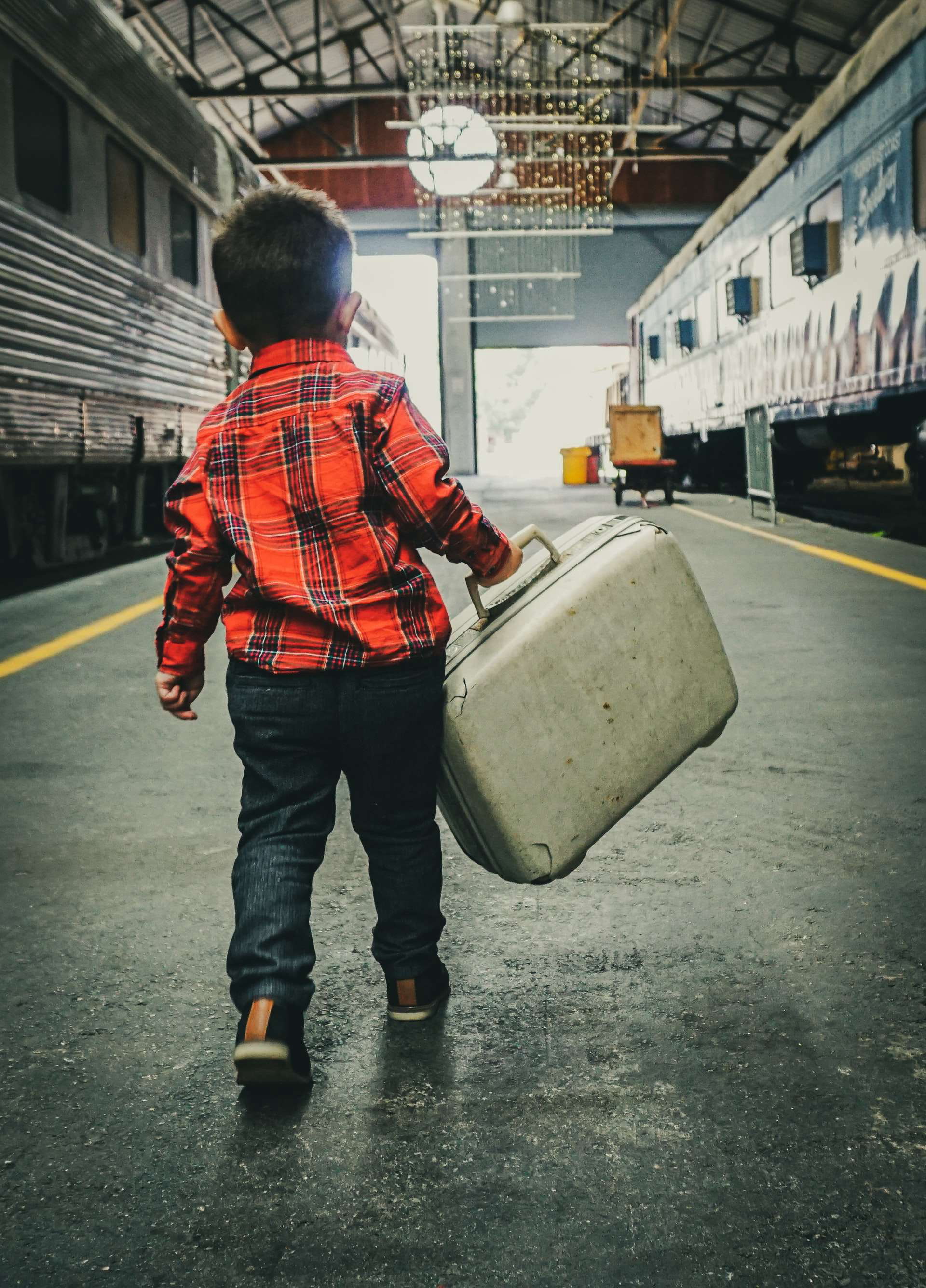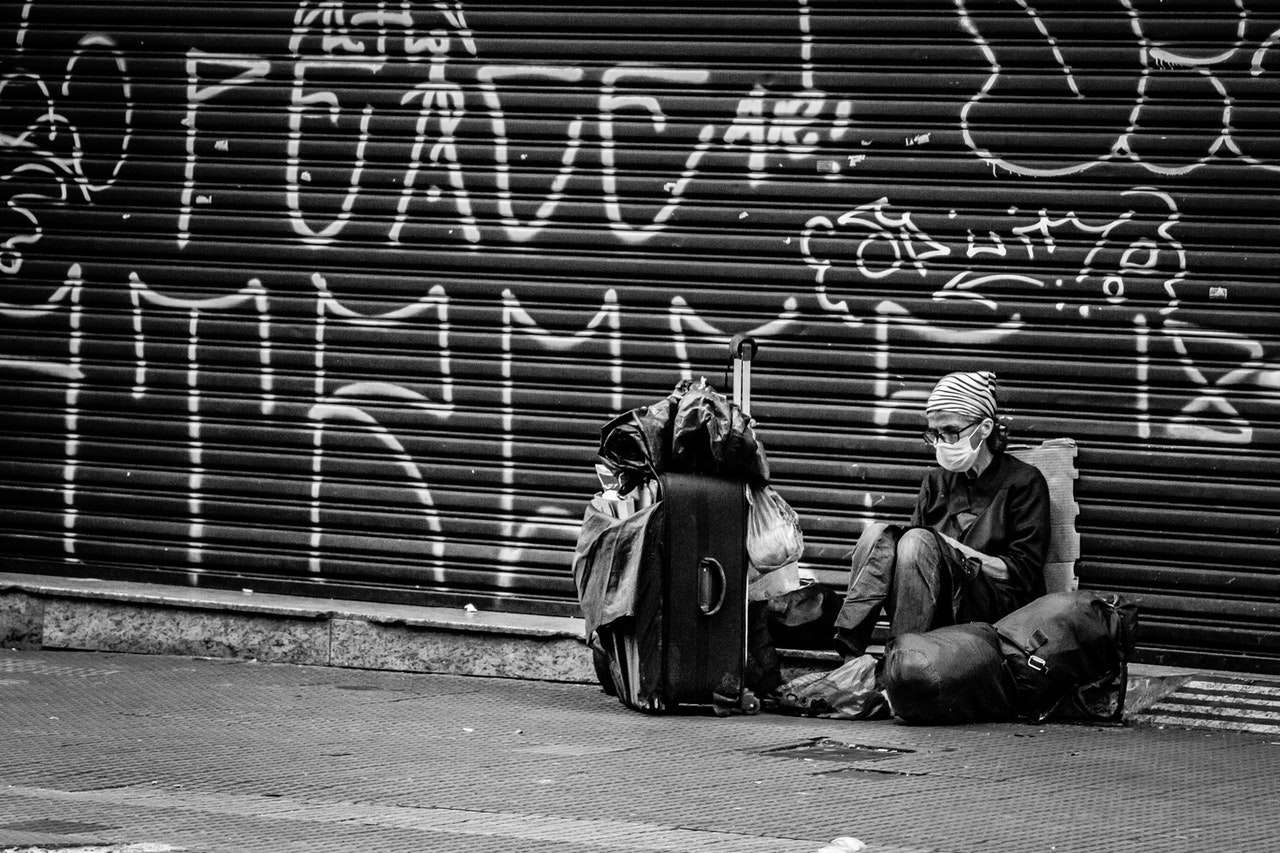
When our world got infected with the deadly COVID-19 virus, we were trapped in our houses, yet we saw some people wandering on the streets without food and shelter, walking miles after miles to at least return to their native homes. Settling in a new region poses many challenges, and migrants confront numerous common experiences across the entire world.
In 2019, the number of migrants globally reached an estimated 272 million. These migrants face a lot of issues on daily basis, related to their basic needs and monetary returns. On 19 September 2016 Heads of United States first recognised all the problems faced by the migrants. The Heads and the US Government came together for the first time at a global level within the UN General Assembly to discuss problems related to migration and refugees. This created a powerful reason that migration and refugee matters had become major issues on the international level. Initially, the ‘Global Compact’ was created, which was an inter-government agreement covering all the dimensions of international migration in a detailed manner. On 18 December, the International Migrants Day was observed, as an opportunity to recognise the contributions and sacrifices made by millions of migrants around the world.
Even this year, the International Migrants Day will be observed around the world, and the theme for 2020 is “Reimagining Human Mobility”. This theme focuses on the contributions, knowledge and skills of Migrants and the problems they faced during the COVID-19 pandemic. During the pandemic, numerous migrants have been at the forefront of multiple COVID-19 situations. Their work in transportation, food services and health cannot be excluded. However, migrants were extensively affected by the COVID-19 through job losses and discrimination. Millions of migrants were stranded, often without any income or shelter, unable to return home due to COVID-19 restrictions, and they similarly confronted heightened risks of exploitation and trafficking.

The COVID-19 pandemic should not be an aspect to make an excuse to withhold the commitments to facilitate and safeguard the rights of migrants regardless of their financial and legal status. It cannot come to be an excuse for the expanded usage of captivity, often in overcrowded emergencies of migrants, and the unwilling return of migrants to their native places without rightful procedure, and with the offence of laws. Thus, the observance of the International Migrants Day on 18 December has become more significant to make people realize the problems faced by the migrants around the world. In India, the issues confronted by the migrants in the lockdown period was natural, because a majority of migrants lost their jobs and they did not get any help or food for many days despite claims by the central and state governments that everyone is being provided food. According to the 2011 Census, India has 454 million migrants, out of whom only 54 million are interstate migrants. But not only India, but the migrants of the entire world also face various problems. Today, more people than ever live in a country other than the one in which they were born. While numerous people migrate out of choice, many others migrate out of necessity.
As 2020's theme for International Migrants Day suggests to reimagine human mobility, we must reimagine the ways we treat migrants. The path they walked in this lockdown was extremely difficult, many of them lost their lives while walking under the scorching sun without food and water. Now when the situations are getting better than before, people on the move should hope for a brighter future. It is a collective responsibility of all us to create a safer world. Migration should be a choice of a person and not a necessity, and we should be aware to give a dignified and safe migration for all. This International Migrants Day let's remember the migrants and restate the need to respect the rights and dignity of all.
